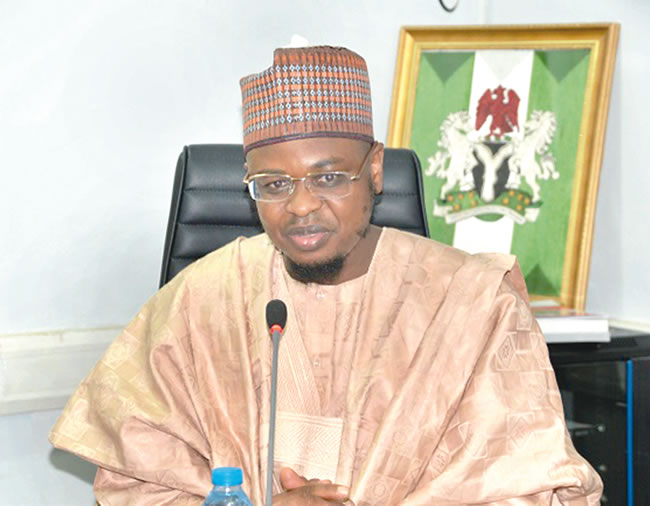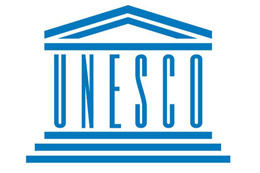By Chimezie Godfrey
The Federal Government has revealed that over 12,988,978 attacks were blocked from Nigeria’s cyberspace before, during and after the recently conducted Presidential and National Assembly elections
This was revealed by the Spokesperson, Ministry of Communications and Digital Economy, Uwa Sulaiman made available to the press on Tuesday in Abuja.
Mrs Sulaiman said as part of their efforts at supporting the initiatives of securing the Nigerian cyberspace, the parastatals under the supervision of the Ministry have established Cybersecurity Centers.
She said these Centers include the National Information Technology (NITDA)’s Computer Emergency Readiness and Response Team (CERRT), the Nigerian Communications Commission (NCC)’s Computer Security Incident Response Team (CSIRT), and Galaxy Backbone (GBB)’s Security Operations Centre (SOC).
Sulaiman said the Centers were established between 2020 and 2022 in line with the Honourable Minister’s policy directives and have been monitoring Nigerian cyberspace for potential threats and taking appropriate actions to mitigate them, both individually and collectively as well as in collaboration with other stakeholders.
She said in the run-up to the 2023 General Elections, threat intelligence revealed an astronomical increase in cyber threats to Nigerian cyberspace, adding that generally, threats to public websites and portals averaged around 1,550,000 daily, while it skyrocketed to 6,997,277 on Presidential Election Day.
Mrs Suleiman said,”The Honourable Minister of Communications and Digital Economy, as a Professor of Cybersecurity and one that is very passionate about ensuring a safe and secure cyberspace, directed all the parastatals to enhance their 24/7 monitoring of the networks and traffic for potential attacks from 24th February 2023 to 27th February 2023.
“Furthermore, on 24th February 2023, the Honourable Minister inaugurated the Ministerial Standing Committee on Advisory Role for the Protection of Nigerian Cyberspace and ICT Infrastructure. The Committee, chaired by the Board Chairman of NCC and with the CEOs of NCC, NITDA and GBB as members, was charged with the following responsibilities, among others: Monitoring of Telecommunication Infrastructure for the successful conduct of credible, free, fair, and transparent elections.
“Developing and implementing plans to enhance the resilience of critical digital infrastructure against cyber threats.
“Designing procedures and using technologies to prevent, detect, and respond to cyber attacks, as well as developing the ability to recover from any damage that is done quickly.
“Developing a comprehensive risk assessment, analyzing the nation’s current cybersecurity capabilities, and identifying gaps that need to be addressed.
“And providing professional advice to the Government on the effective utilization of digital technologies in the conduct of the 2023 General Elections.
“The Committee’s activity started on 24th February 2023 and ended on 28th February 2023. During this period, a series of hacking attempts were recorded, including Distributed Denial of Service (DDoS), email and IPS attacks, SSH Login Attempts, Brute force Injection attempts, Path Traversal, Detection Evasion, and Forceful Browsing. A total of 12,988,978 attacks were recorded, originating from both within and outside Nigeria. It is worth noting that the Centers successfully blocked these attacks and/or escalated them to the relevant institutions for appropriate action.”
Sulaiman noted that the parastatals, under the supervision of the Ministry of Communications and Digital Economy, have played a crucial role in providing the enabling environment for the successful conduct of a credible, free, fair, and transparent election.
“The Honourable Minister commends all stakeholders in the digital economy ecosystem for their support that resulted into this this unprecedented success.
“More importantly, the Honourable Minister notes that these attainments are as a result of the commitment of the administration of President Muhammadu Buhari, GCFR towards ensuring Nigeria’s successful transition into the digital economy.
“The digital economy sector has enjoyed continued support of the President and it is highly appreciated. He also hopes that lessons learned during the process will be put to effective use in subsequent elections,” she stated.




